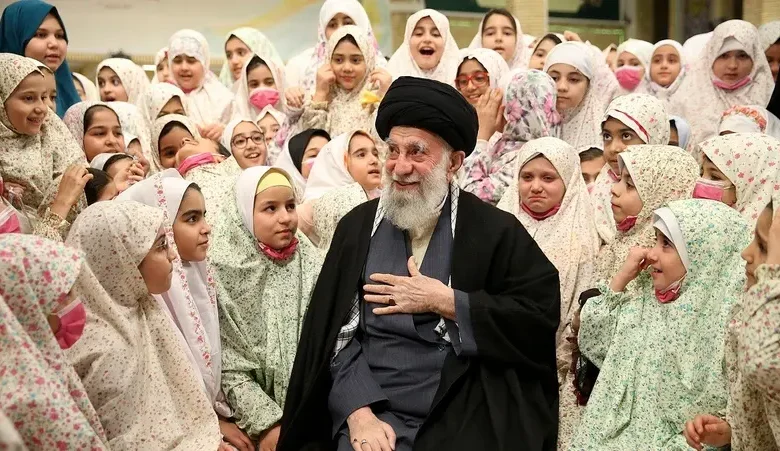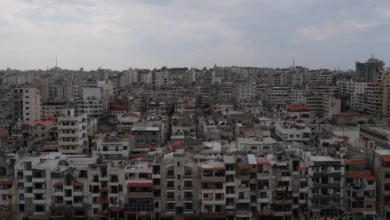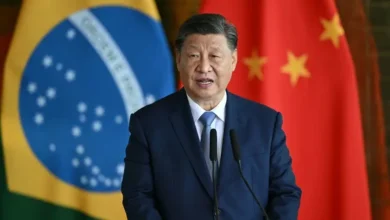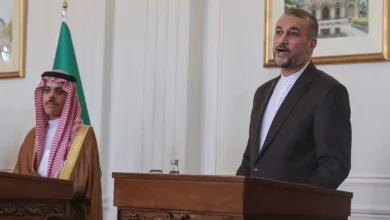Iran announces first arrests over suspected poison attacks on schoolgirls

Authorities in Iran have arrested several people over a recent wave of suspected poison attacks targeting mainly female students in schools across Iran, the country’s deputy interior minister said on Tuesday.
“Some people have been arrested in five provinces and the relevant agencies are conducting a full investigation and as soon as clear results are obtained, (the public) will be notified,” the semi-official Fars news agency quoted Majid Mirahmadi as saying.
These are the first arrests announced by Iran over the poisonings which have gripped Iran since November.
Hundreds of schools and thousands of schoolchildren – mainly female students – have been affected. Symptoms reported by students include headaches, heart palpitations, lethargy, and an inability to move. Some have also described smelling unusual scents such as tangerines, chlorine, or cleaning agents.
Mohammad-Hassan Asafari, a member of parliament, said on Tuesday around 230 schools in 25 out of Iran’s 31 provinces have been affected, and that over 5,000 schoolgirls and boys have been poisoned.
“Various tests are being carried out to identify the type and cause of the poisonings. So far, no specific information has been obtained regarding the type of poison used,” he said.
Earlier on Tuesday, Ali Salehi, the chief prosecutor of Tehran, said that in the past week, criminal charges have been filed against the managers of three media outlets – Hammihan, Rouydad 24 and Shargh – as well as others including politician Azar Mansouri, academic Sadegh Zibakalam and actor Reza Kianian for “spreading lies and rumours” regarding the poisonings.
“Those who spread lies and rumours … are under the surveillance of the security, law enforcement and judicial agencies, and they will be dealt with decisively and legally,” the semi-official ISNA news agency quoted Salehi as saying.
Some in Iran have speculated that pro-regime extremists opposed to women’s education may be behind the suspected attacks.
Others, including prominent dissidents, have accused the regime of being responsible for the attacks. They believe that the poisonings, which come more than five months after protests that spread across Iran following Mahsa Amini’s death, are a form of “revenge” against schoolgirls for participating in the protests.
Amini died on September 16 after her arrest by the morality police in Tehran for allegedly breaching the country’s strict dress rules for women. Her death triggered months of protests that quickly escalated into calls for the overthrow of the Islamic Republic.
Schoolgirls across Iran joined the protests, with many videos on social media showing them taking off headscarves and chanting anti-government slogans, including on school premises.









